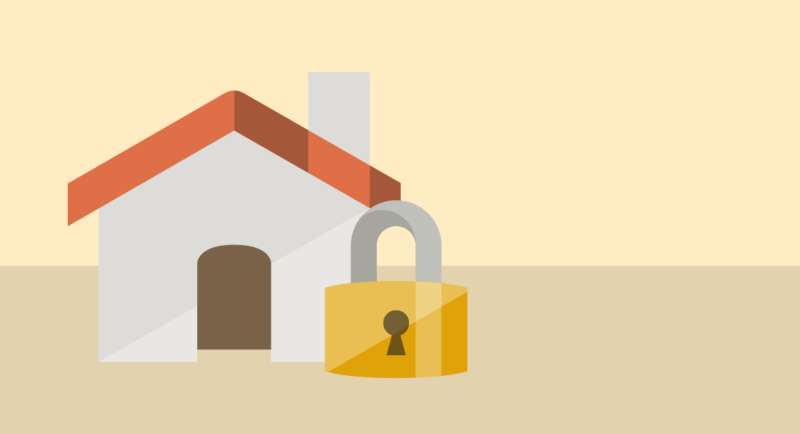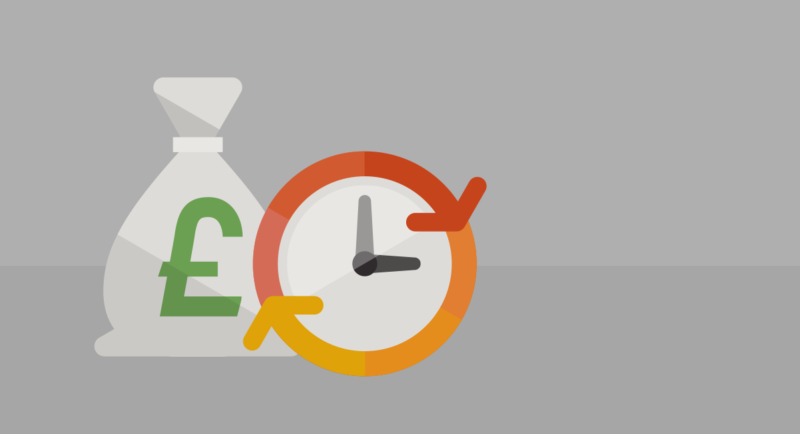Cut the cost of your home insurance and achieve peace of mind.

Here at Fairer Finance, we know the difference between a ‘cheap’ product and one that offers good value for money. Good value insurance will come at a competitive price but also offer a decent level of cover.
Kitting out your home with extra security measures has two main benefits. First, you'll feel more secure. But it can also reduce the cost of your contents insurance.
It does mean spending some money up front, though.
-
1
Fit locks
Fit good standard, key-operated locks to all windows. External doors should have five-lever mortice deadlocks that meet British Standard BS3621. If you don’t know what that is, ask a reliable locksmith to help you choose and fit the locks.
While you’re installing that, you might also want to put a chain on your front door.
-
2
Install an alarm
A working burglar alarm system can reduce the cost of your premiums. Your insurer may stipulate that you must maintain it in a certain manner to keep the improved deal.
For example, they might say that an external security company must monitor the alarm. If you have an alarm that only makes noise when triggered, you might still get a reduction but it won't be as significant a saving.
If you change your alarm system you should tell your insurer so that they can update your details. If you don’t, the insurer might not pay out if your property is burgled.
-
3
Use a letterbox cage
Burglars sometimes gain access to properties by reaching through the letterbox (perhaps with the help of a tool). They can then turn the handle from the inside.
To prevent this, consider installing a letterbox cage. This will catch your mail and prevents anyone reaching inside to get at the handle. It’s also handy if you have a dog who chews your letters.
-
4
Always keep your insurer informed of changes
If you do change anything to do with your security measures at home, update your insurer.
Upgrading your security is good from the point of view of your own security. But if your insurer doesn’t know about it, you won’t see a reduction in the cost of your renewal.
And if you’ve made downgrades or you have new contents that need cover, you must pick up the phone.
If your insurer doesn’t know that anything has changed, they might not pay out fully in the event of a claim.
They could also refuse to pay your claim entirely if there are big differences between the information they hold and your new situation.



